Tigray conflict: Ethiopia says US allegations of 'ethnic cleansing' unfounded
Ethiopia has rejected the recent allegations of ethnic cleansing in the northern Tigray region, by the new administration in the White House, calling them 'unfounded and spurious.'
Ethiopia's Ministry of Foreign Affairs, in a statement released on Saturday, said it “vehemently opposes such accusations.”
“Nothing during or after the end of the main law enforcement operation in Tigray can be identified or defined by any standards as a targeted, intentional ethnic cleansing against anyone in the region,” it said.
US Secretary of State Antony Blinken has called for creating a regional force to stop what he described as "acts of ethnic cleansing” in the Ethiopian rgion.
While testifying before Congress on Wednesday, Blinken citied “very credible” sources as reporting continued human rights abuses and atrocities in Tigray.
Blinken called for “an independent investigation into what took place there”.
“We have, as you know, forces from Eritrea over there, and we have forces from an adjoining [Ethiopian] region, Amhara, that are there. They need to come out,” he insisted.
There have been reports of Eritrean forces' engagement in the Tigray clashes, but both Ethiopia and Eritrea deny this.
Blinken, in a call with United Nations Secretary-General Antonio Guterres, repeated his call for an international investigation into the alleged ongoing human rights abuses in the Tigray region, the State Department said on Friday.
Blinken also called for “enhanced regional and international efforts to help resolve the humanitarian crisis, end atrocities, and restore peace in Ethiopia.”
The Ethiopian Foreign Ministry added the government was ready "to engage positively and constructively with all the relevant regional and international stakeholders in responding to the serious allegations of human rights abuses and crimes."
UN rights chief Michelle Bachelet said last week that her office had confirmed serious violations in Tigray that could amount to “war crimes and crimes against humanity”.
Ethiopia's Prime Minister Abiy Ahmed launched an offensive against Tigray's then-ruling party in early November.
In late November, the Nobel laureate PM announced victory against the heavily armed forces of the Tigray People’s Liberation Front (TPLF), which he had accused of attacking federal army troops in earlier clashes. The TPLF forces were driven out of the regional capital Mekelle.
There are still reports of sporadic fighting in parts of the restive region.
The conflict resulted in thousands of fatalities. Hundred of thousands were also driven from their homes due to the fighting. Tigray is currently dealing with an acute shorage of water, food and medicine.
Aid agencies and relief organizations have warned that a growing number of people in Tigray might be starving to death.
TPLF politicians and commanders had dominated Ethiopia's government for nearly three decades; however, the party's clout declined after Abiy came to power in 2018.
Since then, Abiy has introduced a number of reforms and senior Tigrayan officials were detained, fired, or sidelined, in what the federal government described as a crackdown on widespread corruption.
Hamas slams latest Israeli strikes on Gaza, says Netanyahu aims to derail truce
UN group denounces EU’s ‘illegal’ designation of Iran’s IRGC
Russia hopes US ‘resorts to wisdom’ amid tensions with Iran
VIDEO | Press TV's news headlines
Palestine Action activists exonerated
Russia, Ukraine hold talks after ‘productive’ opening session
VIDEO | How Palestinians view Trump’s Gaza reconstruction plan
VIDEO | Iranians mark birth anniversary of Imam Mahdi


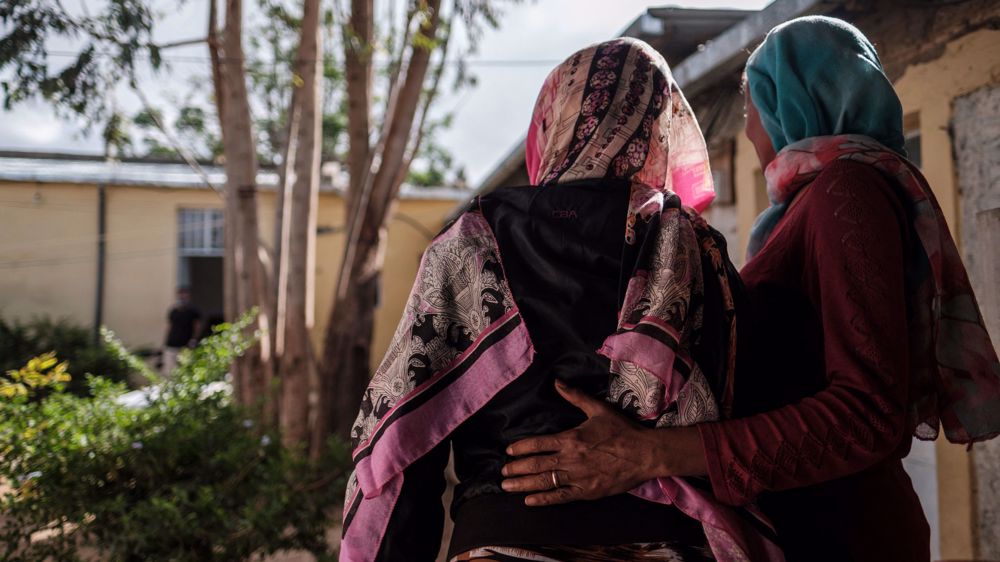


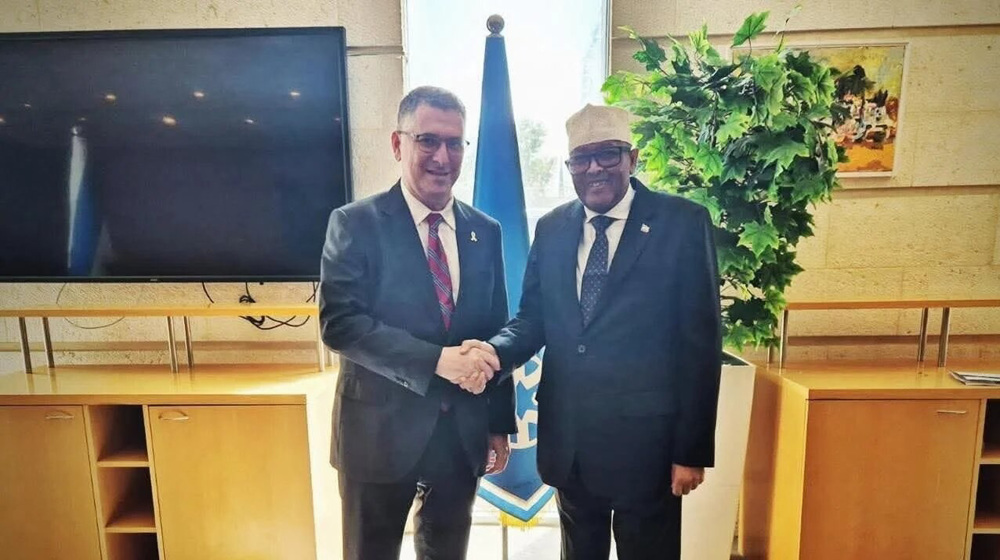



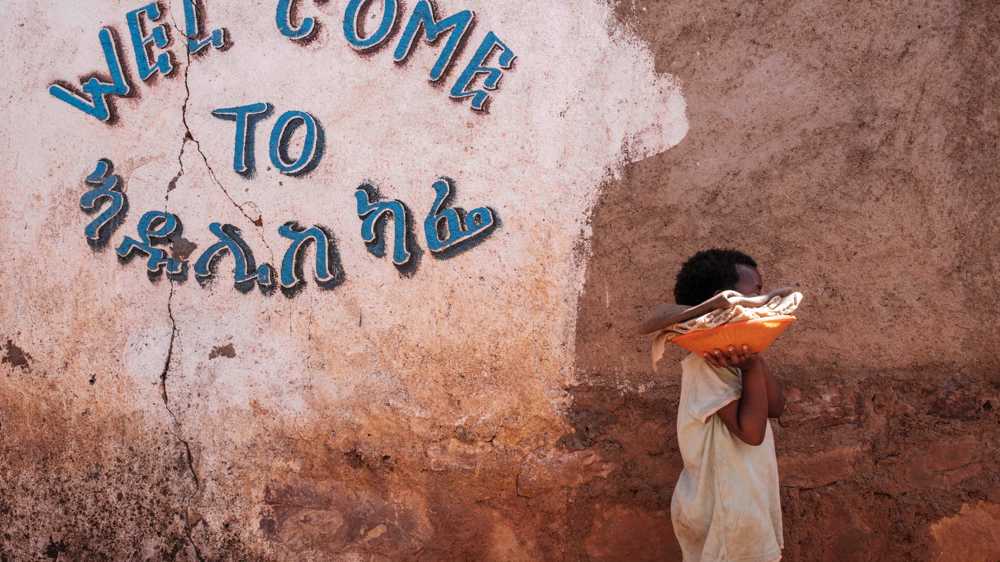
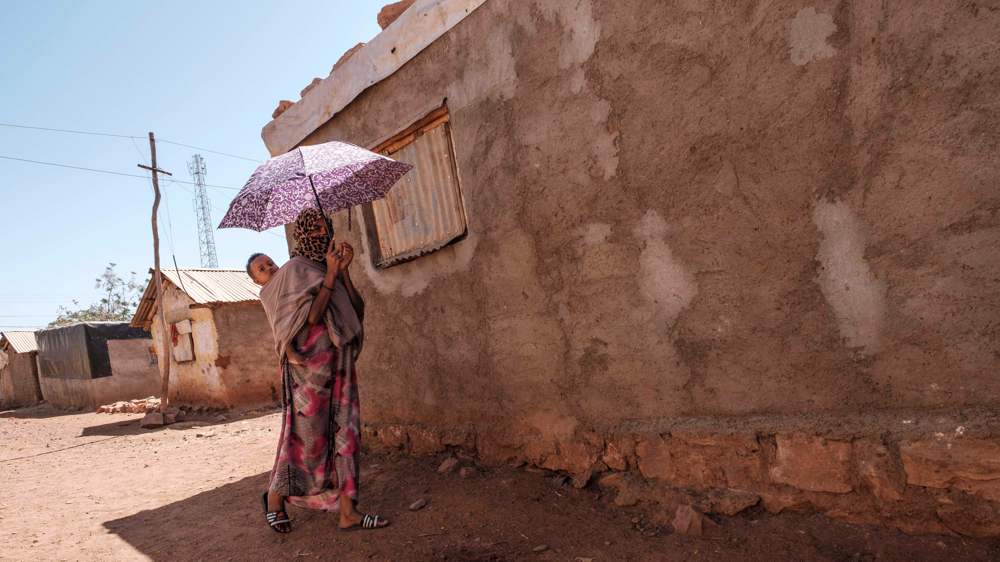
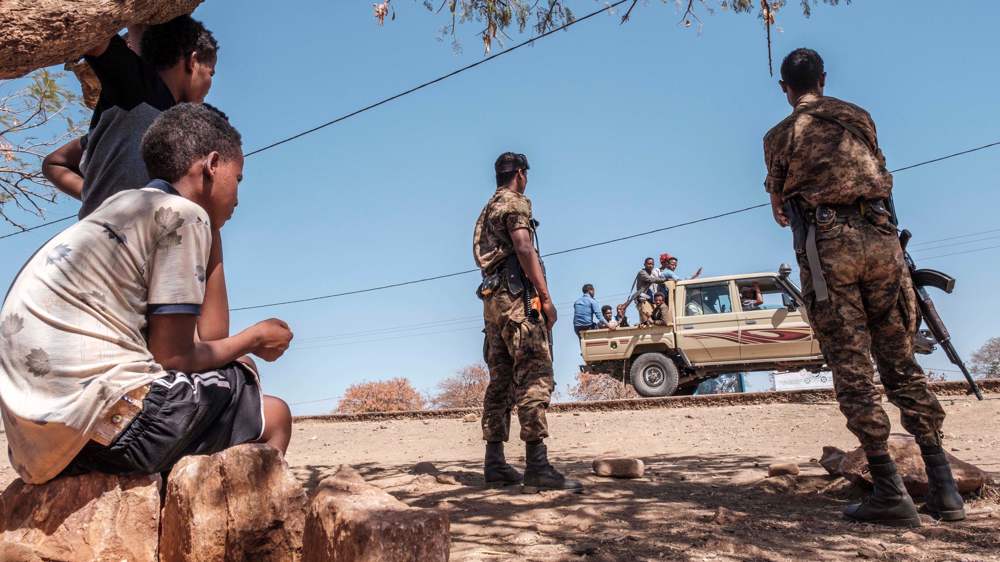
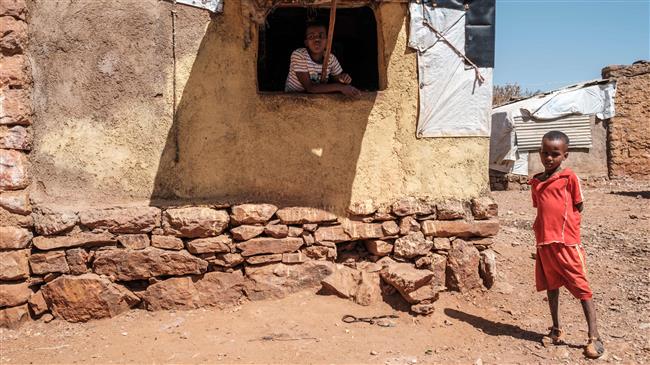
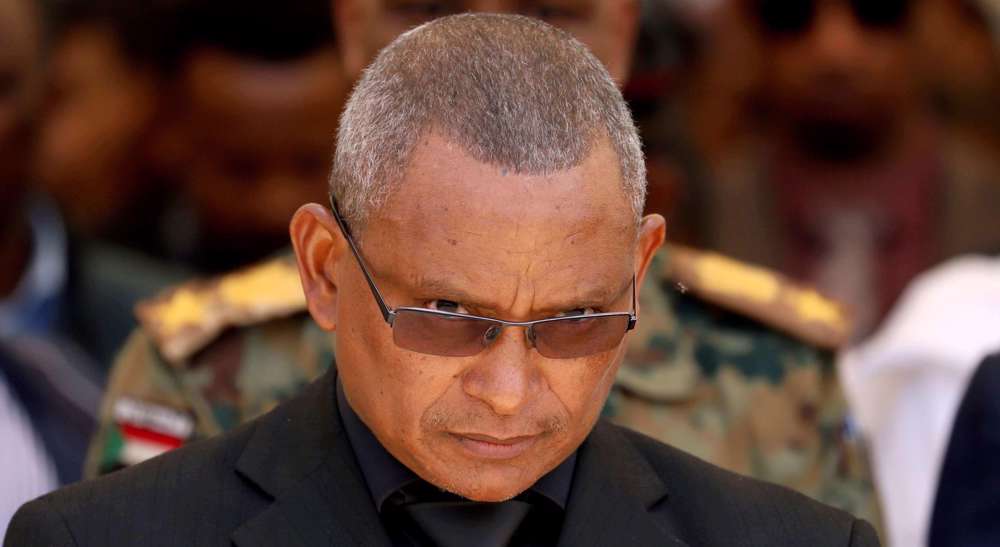

 This makes it easy to access the Press TV website
This makes it easy to access the Press TV website